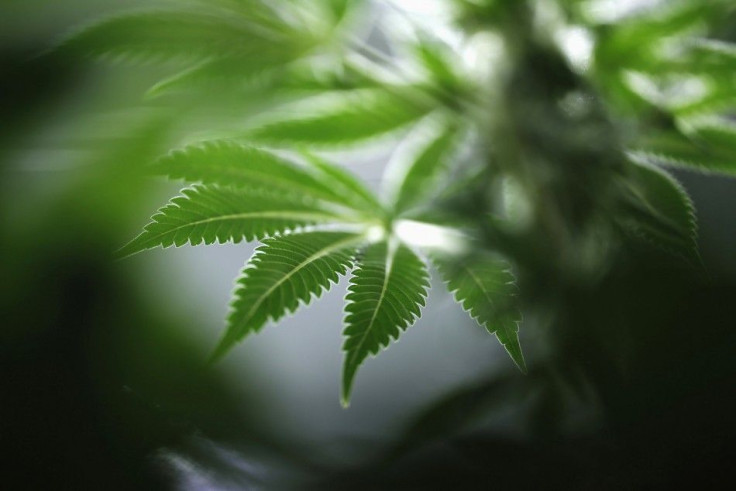Germany Allows Those Suffering From Chronic Pain to Grow Their Own Cannabis
Two Chronically Ill Patients Were Given The Permission to Grow Pot in Their Houses

In the midst of the news about medical marijuana being made legal under strict regulations and stringent surveillance in New York, United States, Germany has gone a step ahead in helping the chronically ill patients. A German court ruled on Tuesday that those suffering from chronic pain and illness could cultivate their own cannabis; however the court stressed that it would be "for therapeutic purposes".
Germany's Federal Institute for Drugs and Medical Devices (BfArM) had refused five people who were undergoing chronic pain permission to grow medical cannabis at home. Seeking help they turned to the court to redress the problem. The court looked into the issue and stated that the BfArM had to relook into three of the rejected requests.
All of the complainants had the permission to use the cannabis for medical purpose as a part of their treatment, but they wanted to grow it at home as they could not bear the high costs of purchasing the drug. Their health insurance also did not cover the costs.
Court spokeswoman Stefanie Seifert said, "Until now it has not been legal for anyone to grow cannabis at home but these seriously ill people will now be allowed to." She added that it would however be illegal for others to grow it.
The court after looking into the cases of all five plaintiffs came to the conclusion that three of them should be allowed to grow the plant, as their cases met the requirements to produce the drug, calling it "sufficiently certain" that third parties would not be able to acquire it. The three cases assured the court that third party access to the plant and the product would not be possible.
"This is not a carte blanche for everyone to start growing cannabis at home - they have to be seriously ill people for whom nothing else works other than cannabis," Seifert said.
The other two complaints were rejected on the grounds that one case was not convincing enough on the matter of third party access and there was no sufficient proof if the plant would be made inaccessible to the others; the other case was rejected because the plaintiff did not try the other treatment options, which was mandatory without which the permission could not be granted.
The court emphasised on the "necessary requirements" which was the base for the sanction of the permission and said that case assessment was necessary to check if they met the requirements.





















